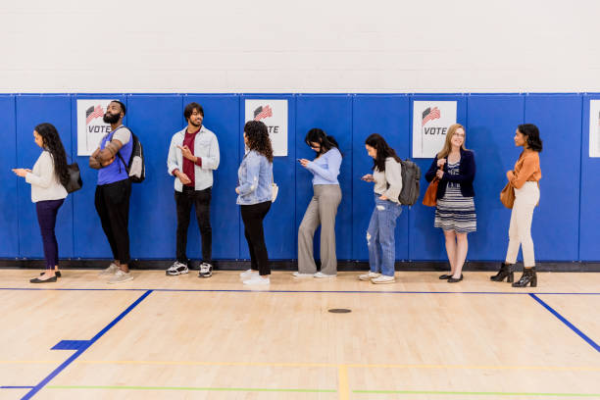Facebook faces fake news
Don’t judge a Facebook ad by its cover. Facebook has decreased in popularity among millennials, but other generations, ones with less Internet experience, are often the most victim to these scams. “It is definitely frustrating, untrustworthy information being so readily broadcast is concerning. What could possibly be their goal?” said Kiri Wang,11.
Lately, social media users have complained about deceptive ads and news stories making their way onto platforms. In particular, Facebook has been criticized for allowing these hoaxes on accounts’ news feeds.
The media giant has endured an alarming amount of pressure from its users, some of whom were scammed by websites that advertise absurdly inexpensive products; for example, designer purses for under 20 dollars or a sweater for the price of a candy bar.
According to the British Broadcasting Corporation (BBC), “It was alleged that human editors working on the Trending Topics section of Facebook were removing stories that pushed a conservative or pro-Trump agenda.”
However, wallet prices are not the only thing that people are being deceived about. Faulty Facebook ads are now being accused of contributing to the recent election of Donald Trump.
However, Mark Zuckerberg, CEO of Facebook, said, “Only a very small amount [of ads] are fake news and hoaxes. The hoaxes that do exist are not limited to one partisan view, or even to politics. Overall, this makes it extremely unlikely that hoaxes changed the outcome of this election in one direction or the other.”
Facebook then made explicit restrictions on the use of its ad network to do more to prevent fake news sites from making money through advertising.
“In history, we learned that news is not always what it seems because of greed-hungry people. I am not very surprised at the fact that they exist, but people definitely need to be aware of cyber scams,” said Kiri Wang, 11.
















